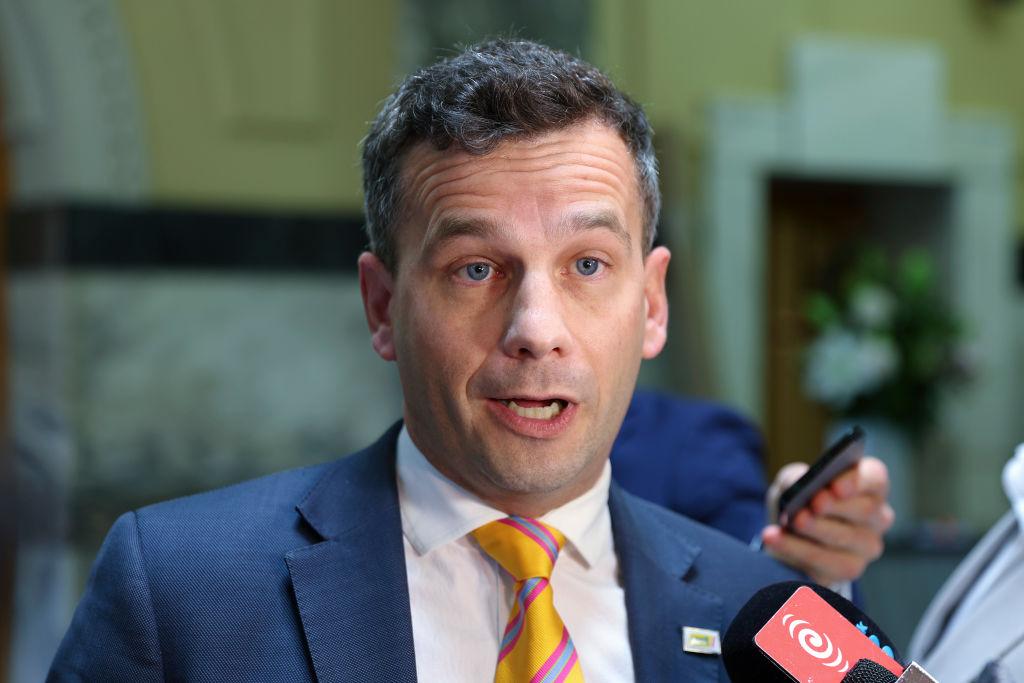On the eve of the annual commemoration of the signing of the Treaty of Waitangi, the ACT party has laid out its position on relations between Māori and the Crown, saying it doesn’t believe it amounts to a partnership between races.
“ACT stands for the mana [dignity] of the individual, the right to live life as you choose so long as you are not harming others. Put another way, ACT has championed tino rangatiratanga, or self-determination,” wrote party leader David Seymour in an op-ed in NZ Herald.





